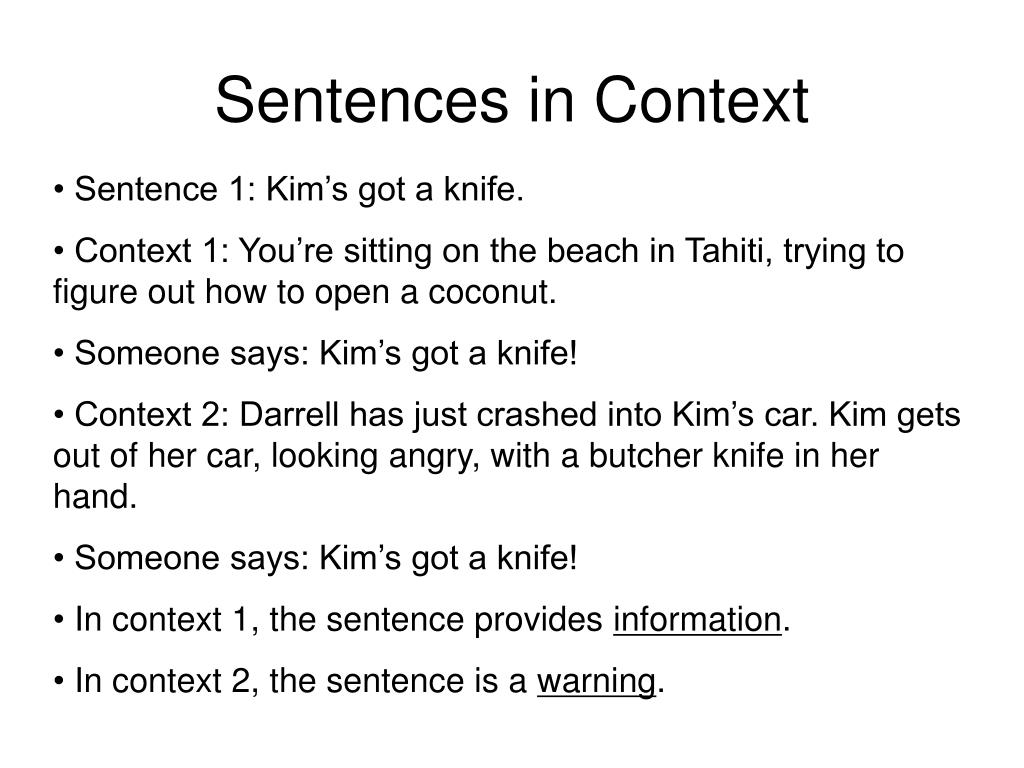

However, today’s average teenager listens to music for four hours a day, most of which is created digitally and produced through computer software, drum kits, and keyboards. In its current form, high school music education focuses almost exclusively on large instrumental and vocal ensembles grounded in classical music and conducted by one individual, typically the school’s music teacher. It is high time for music education to enter the digital age.

If you begin writing this context down and forming a list, when making a plan for the essay you can normally pair up ideas with context.

Normally you find that as time goes on and you learn more about the piece of text, the same old context always crops back up. This isn't to say you can't prepare your context. If you find yourself really forcing the information into the text, normally you'll find that the end result is that it comes across as nice, but ultimately irrelevant knowledge which doesn't assist your essay. The key to the solution is to always remember that the information should go naturally alongside your point. With the knowledge that you HAVE to use context within essays it becomes easy to treat it as a job to check off the list, leading you to force context in where it comes across as irrelevant or unnecessary. Essentially, context should be relevant but not directly taken from the text and more importantly, when used effectively, can develop points, add extra depth to ideas and generally make your essay appear more impressive.

In your essays it can count as any extra knowledge surrounding the text, so for instance a piece of history from the time period of the text, or perhaps extra information about the author, maybe about their life or other works. First of all, it's important to clarify what is meant by 'context'.


 0 kommentar(er)
0 kommentar(er)
